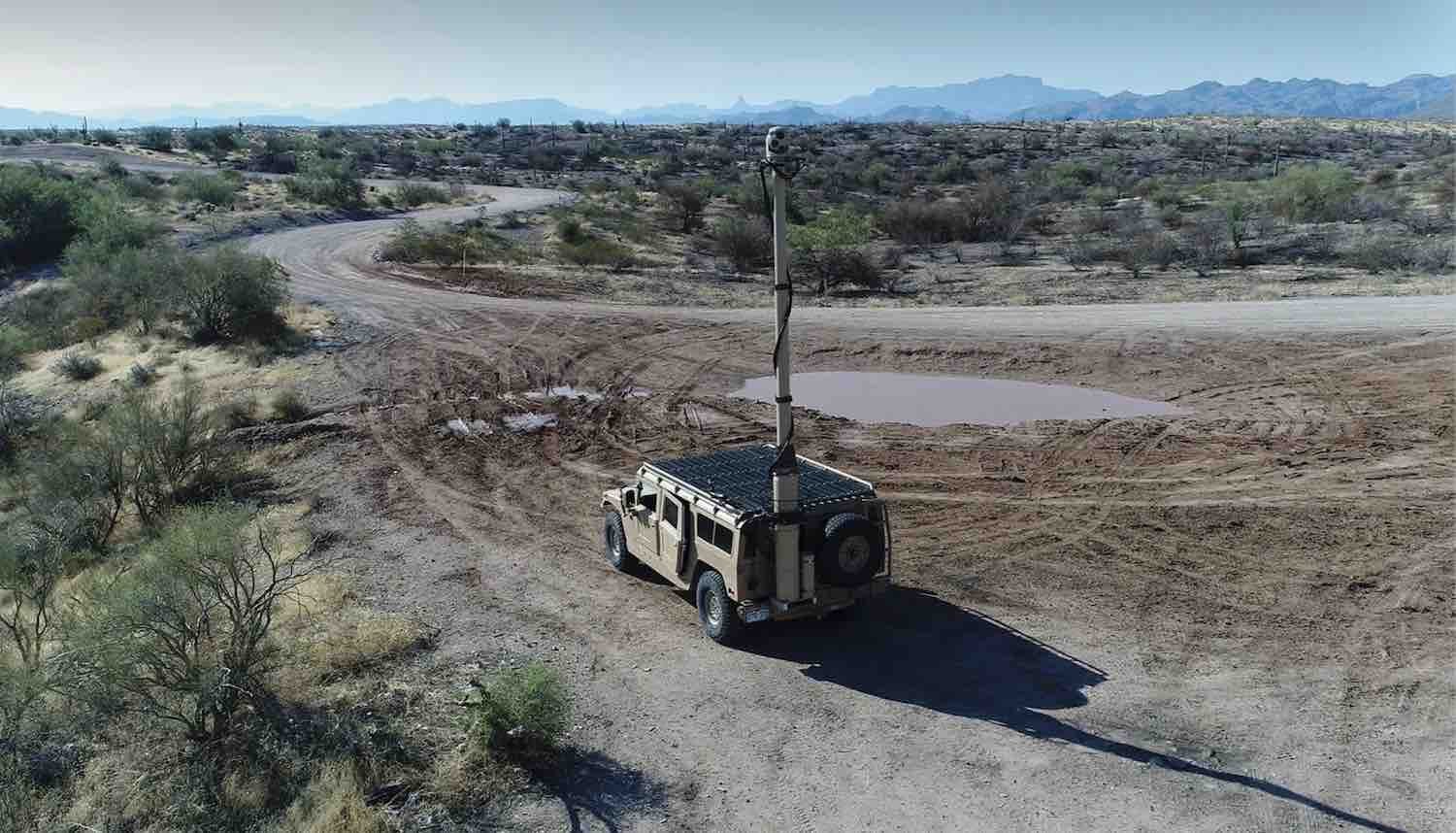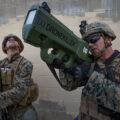February 24 marked one year since Russian forces illegally invaded Ukrainian territory. In response, the Biden administration has announced a new $2 billion aid package to provide advanced defense technology under the Ukraine Security Assistance Initiative (USAI).
An integral component of the U.S. government’s efforts to support Ukraine’s sovereignty and defense against Russian aggression, the USAI is a U.S. Department of Defense program focused on providing support to Ukraine’s defense capabilities.
Previous aid packages to Ukraine were mostly derived from thirty-one Presidential Drawdowns of DoD inventory, which entails the process of reducing the amount of military equipment in a U.S. DoD inventory by transferring excess material to Ukraine.
These previously transferred capabilities mostly include advanced counter-artillery radars, air defense systems as well as armored infantry vehicles, Javelin anti-tank missiles, artillery ammunition, and conventional and long-range rockets for U.S.-provided HIMARS.
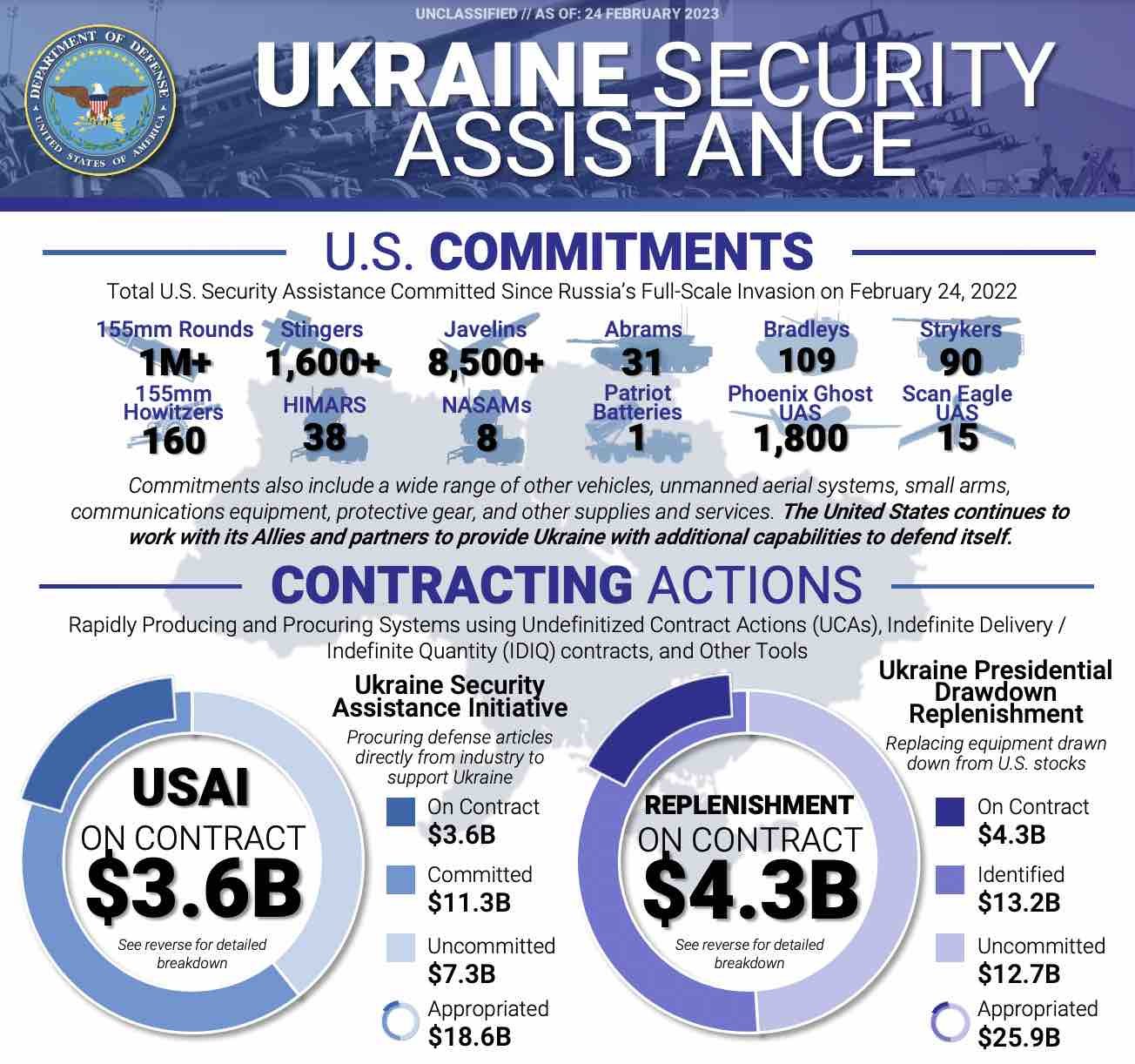

However, unlike the Presidential Drawdown, the USAI has the authority to procure capabilities rather than deliver equipment drawn down from Department of Defense stock.
This means the USAI can provide Ukraine with the latest and most advanced defense technologies, and that is exactly what the Pentagon is seeking to do.
VAMPIRE Modular System
One example of USAI advanced defense technology procurement is the recently rewarded $40 million-dollar L3Harris contract for the Vehicle Agnostic Modular Palletized ISR Rocket Equipment (VAMPIRE) system.
This remarkable advancement in military technology is designed to be able to fit any pickup truck or flat surface with a mounted four-pod launcher for laser-guided missiles such as the AGR-20 Advanced Precision Kill Weapon System (APKWS) missile.
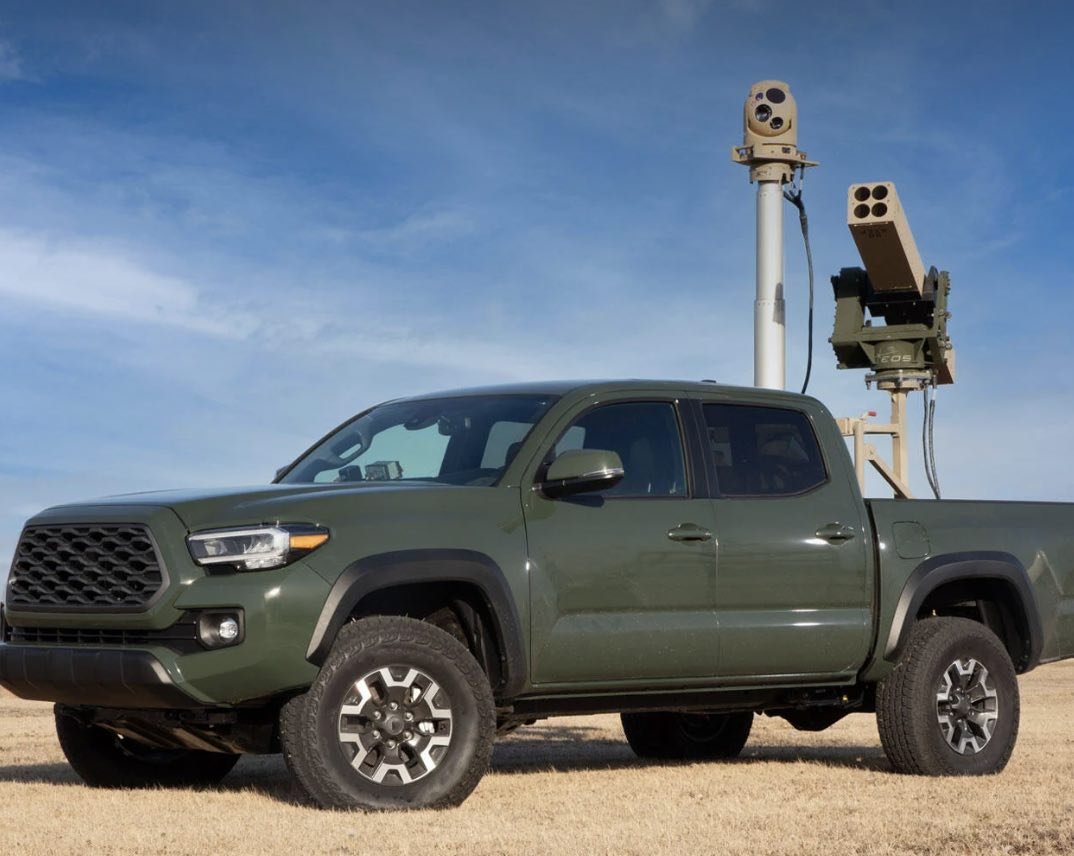

The APKWS system consists of a 2.75-inch laser-guided rocket that can be fired from an aircraft, as well as from ground launchers. The rocket is designed to be effective against light-armored vehicles, enemy personnel, and other targets.
VAMPIRE is a two-person setup and is designed to be operated by one person, also equipped with a self-contained power supply and is capable of firing laser-guided munitions, making it effective against both airborne and ground targets.
WESCAM MX-10 RSTA
The VAMPIRE system is fitted with a mission management system that integrates the WESCAM MX-10 RSTA Independent Stabilized Sighting System, which gives the operator the ability to target and track targets from the ground, providing enhanced situational awareness.
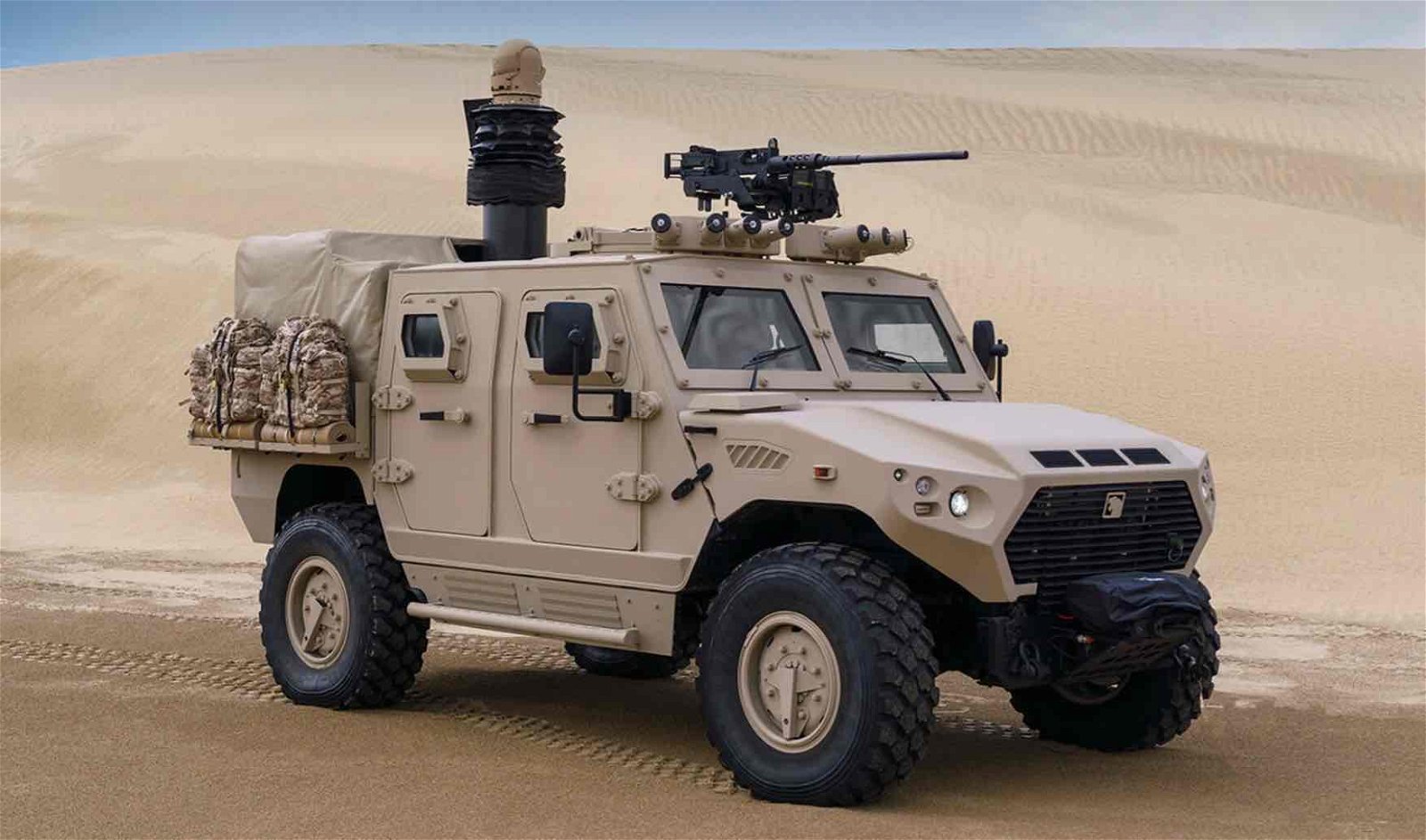

Its multi-sensor imaging & lasing payload provides the user with intelligence, surveillance, and reconnaissance abilities as well as effective and efficient target engagement capabilities in one small versatile package.
The integrated VAMPIRE system will give the Ukrainian defense forces a lethal combination of ground-to-ground and ground-to-air targeting capabilities.
Prior to being delivered to Ukraine, L3Harris will first install VAMPIRE kits on U.S. government-provided vehicles.
L3Harris is contracted to deliver 14 VAMPIRE systems to DoD, with four delivered by mid-2023 and ten more delivered by the end of 2023.
The low cost and low signature will make VAMPIRE an effective and efficient tool for the dynamic Ukrainian battlefields.
Other capabilities contained in the February 24, 2023, security assistance package include the provision of additional ammunition for High Mobility Artillery Rocket Systems (HIMARS), as well as additional artillery and munitions for laser-guided rocket systems.
The package will also feature UAS systems like the CyberLux K8, the Switchblade 600, Altius-600, and Jump-20 UAS systems, along with counter-UAS and electronic warfare detection equipment. Mine-clearing technologies and communications support systems will also be included, along with additional funding for training, maintenance, and sustainment of operations.
“The United States will continue to work with its Allies and partners to provide Ukraine with capabilities to meet its immediate battlefield needs,” read a DoD statement issued last week, adding that the U.S. will continue to help facilitate “longer-term security assistance requirements for as long as it takes.”
Sean Munger is an attorney practicing law in Massachusetts and a Suffolk University Law School graduate. Munger also served as an intelligence analyst with the United States Marine Corps, and served with its Warfighting Laboratory and the 26th Marine Expeditionary Unit. He can be reached at sean@thedebrief.org.
